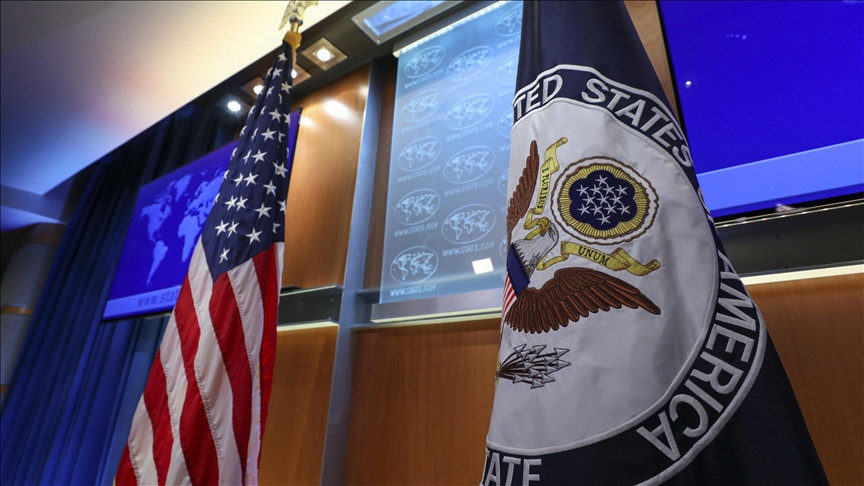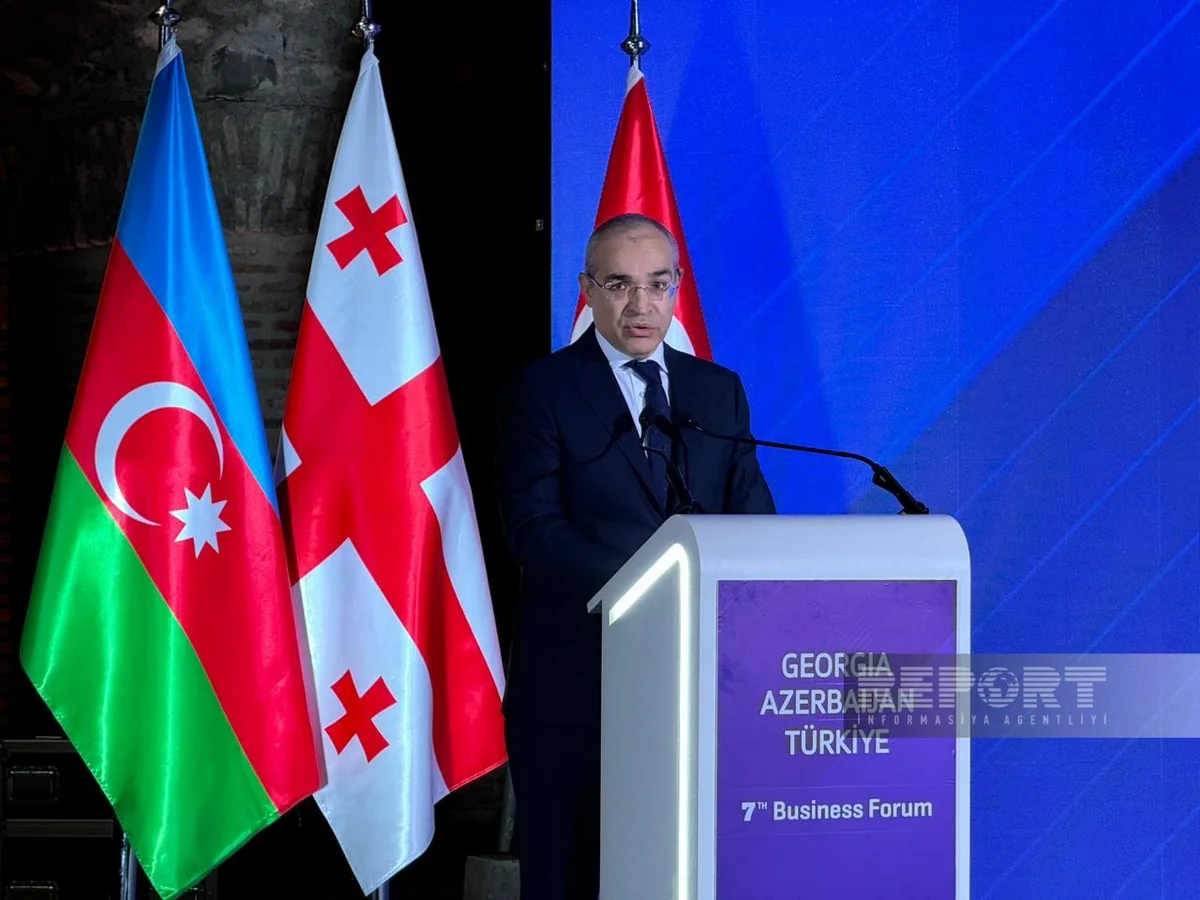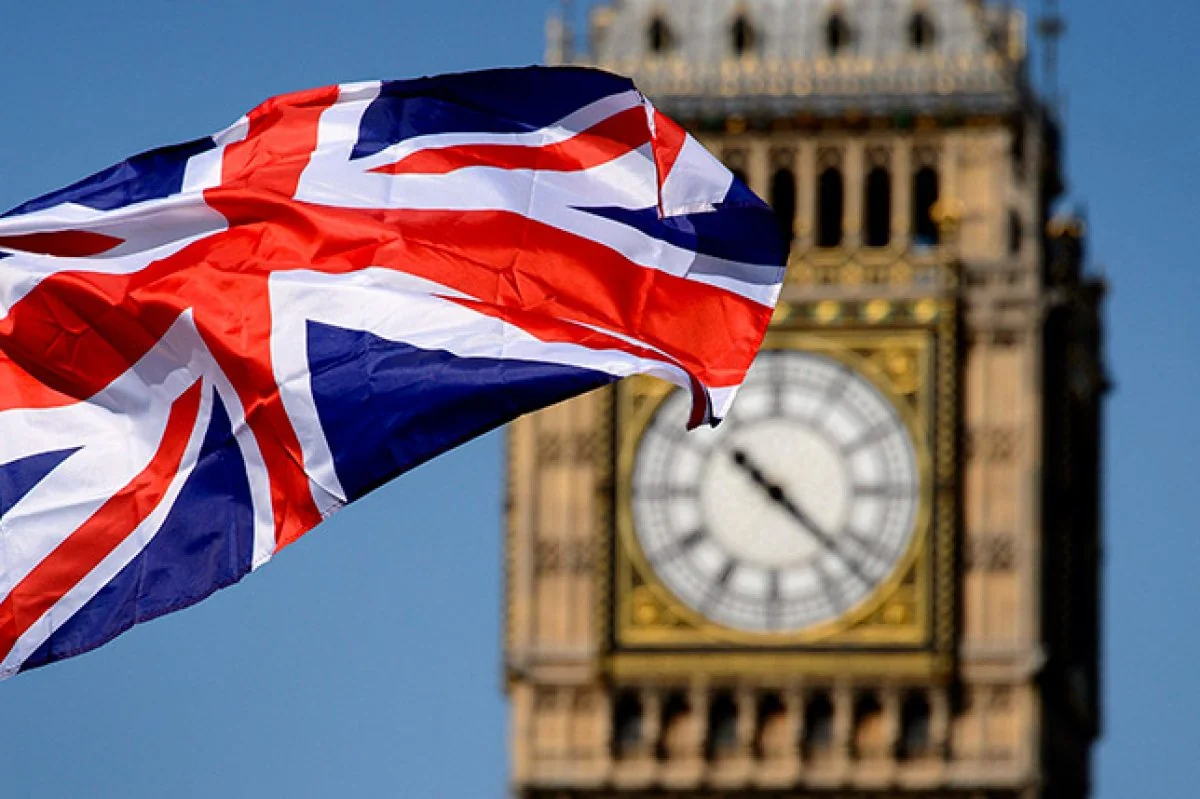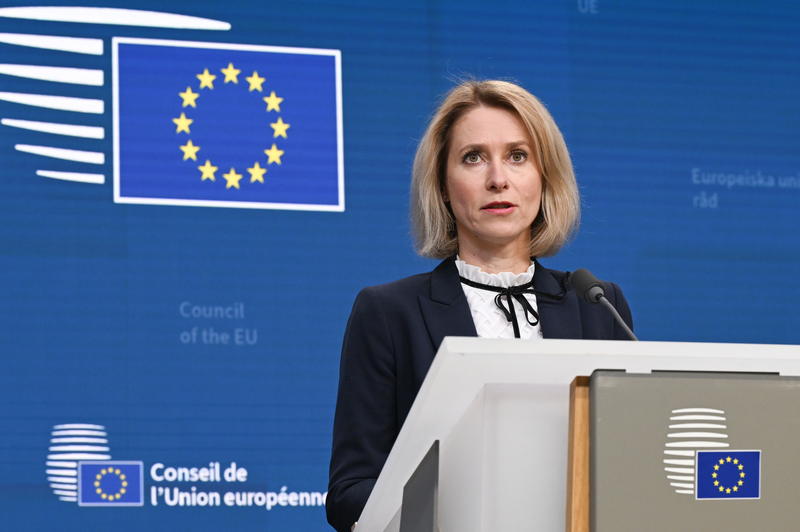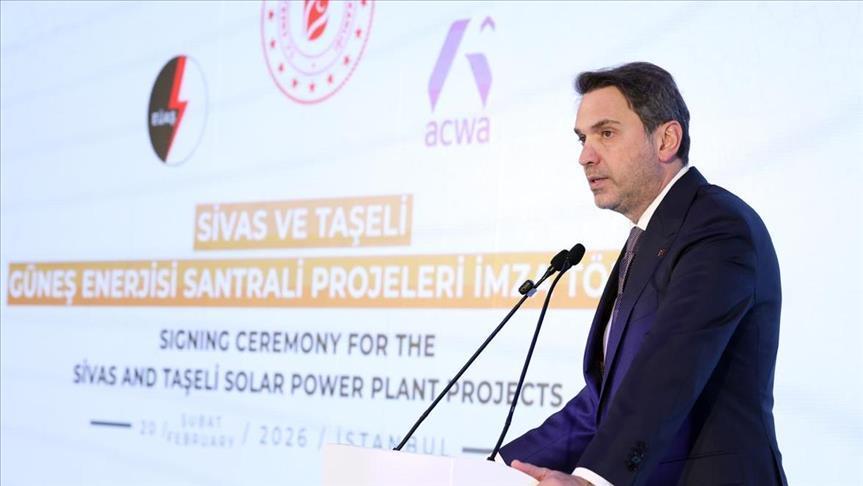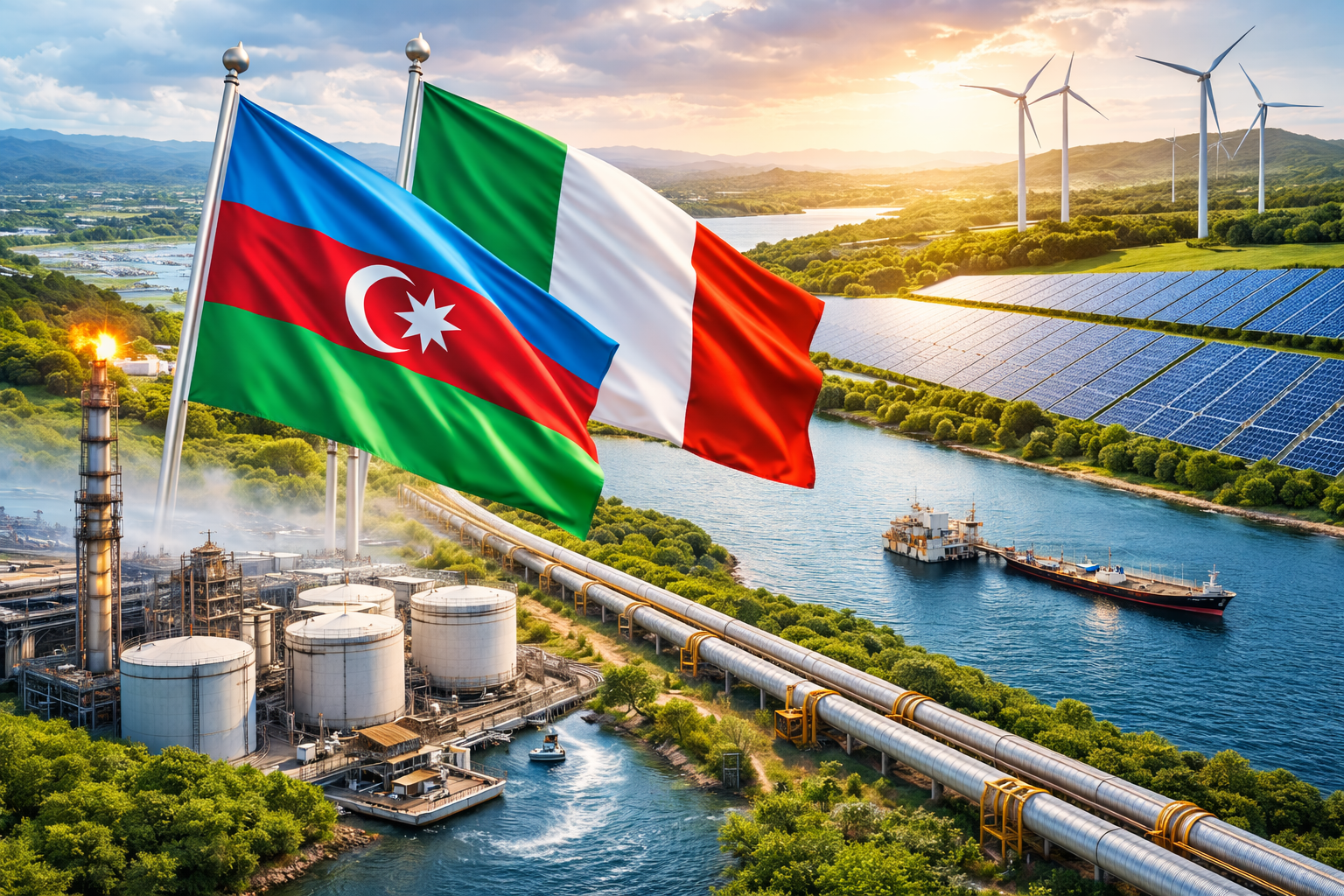Throughout the year, among the significant negative developments regarding human rights in Georgia was the enactment of the so-called “Law on Transparency of Foreign Influence,” according to the 2024 Human Rights Report on Georgia published by the U.S. Department of State.
The document emphasizes that, according to credible non-governmental organizations, the so-called “Law on Transparency of Foreign Influence” restricted freedom of expression and association.
Additionally, the report notes that other significant negative developments in terms of human rights included the so-called “Law on Family Values and Protection of Minors,” which criminalized certain forms of expression, as well as a campaign of intimidation, coercion, and misuse of administrative resources that restricted freedom of expression, particularly in connection with the October parliamentary elections.
The document highlights that significant human rights issues included credible reports of: “torture or cruel, inhuman, or degrading treatment; arbitrary arrests or detentions; serious restrictions on freedom of expression and media freedom, including violence and threats of violence against citizens and journalists, unjust arrests and criminal prosecutions of journalists, and the chilling effect of the so-called transparency and family values laws.”
The document notes that the government took steps to investigate and punish some officials involved in human rights violations, but impunity remained a problem.
Furthermore, the report addresses Georgia’s occupied regions, specifically noting that in 2024, the regions of Abkhazia and the so-called South Ossetia, occupied by Russia, remained outside the control of the central government, with de facto authorities supported by Russian forces.
“Russian-occupied regions of Abkhazia and South Ossetia remained outside central-government control, and de facto authorities were supported by Russian forces. Significant human rights issues in the occupied regions included credible reports of arbitrary arrest and detention. Russian and de facto authorities in both regions committed abuses with impunity,” the document states.
The report also addresses press freedom, noting that the constitution and law provided for freedom of expression, including for the press and other media representatives. However, journalists, non-governmental organizations, and the international community expressed serious concerns about the government’s respect for freedom of expression.
“These concerns focused on the worsening environment and legislation for media pluralism, as well as violence and threats of violence against journalists. The Foreign Influence law (FIL), which was enacted on May 28, required civil society organizations (CSOs) and media that received at least 20 percent of their funding from abroad to register as “objects of foreign influence.” Restrictions on access to information also continued to be a concern. NGOs reported previous criminal investigations of illegal government surveillance of journalists remained pending,” the report states.
The document notes that from April to June, during large-scale protests in Tbilisi against the so-called “Law on Transparency of Foreign Influence,” and from November 28 to December, during demonstrations in support of the European Union, several journalists reported that police attacked them, harassed them, used “pepper spray,” or damaged their equipment.
“On December 7, more than 30 titushki (unidentified assailants typically dressed in all black with their faces covered) physically assaulted protesters and then turned to attack TV Pirveli journalist Maka Chikhladze and camera operator Georgi Shetsiruli, who were filming them. After beating Chikhladze and Shetsiruli to the ground, they took away all Shetsiruli’s belongings. According to Chikhladze and witnesses, patrol police standing nearby did not react or intervene to stop the attack. A video posted by civil.ge (the Tbilisi-based daily news website run by Georgian NGO UN Association of Georgia), allegedly taken minutes before titushki attacked journalists, showed signs of coordination between police and assailants. Social media also documented several reported instances of patrol police not intervening when alleged titushki assaulted media and demonstrators, and in some cases appeared to direct or cooperate with titushki.
Journalists and activists reported receiving harassing and threatening telephone calls and instances of vandalism against their homes and offices, including offensive posters and damage to vehicles. The government investigated unauthorized access to citizens’ telephone numbers linked to these events. The media ombudsman identified 15 cases of rights violations and restrictions involving 15 journalists covering protests against the FIL in front of and surrounding parliament in April and May. Several international media watchdogs, along with the media ombudsman and the Council of Europe’s Platform for the Safety of Journalists, reported at least 30 violations of media freedom during October 26 elections, including damage to equipment, verbal or physical attacks, and intimidation. The government had not investigated these reports by year’s end,” the document states.
According to the report, in late November and throughout December, “In late November and throughout December, authorities or unidentified assailants believed to be acting on behalf of the ruling Georgian Dream party violently targeted dozens of media professionals covering protests. The attacks included beatings and exposure to pepper spray, tear gas, and water cannons. Reported severe injuries included fractured vertebrae, facial fractures, and chemical burns; several journalists required hospitalization.”
The document notes that government officials were not held accountable for the violence and harassment.
“Media organizations continued to express concern over the Tbilisi Court of Appeals’ decision to reduce sentences for individuals responsible for violence against peaceful demonstrators in 2021, who were granted amnesty on November 16 based on a bill passed by the ruling party. None of the organizers of these attacks were charged,” the document states.


